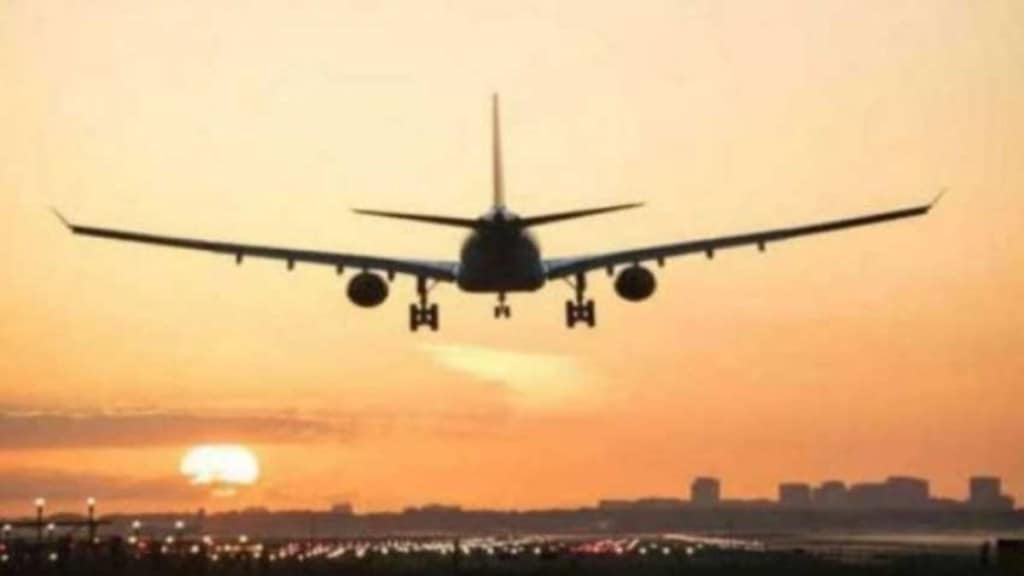The Indian tour and travel sector is expected to post a healthy growth of 12-14 per cent in fiscal 2025, said a report by CRISIL Ratings. The growth will be driven by continuing high air fares and volumes almost at pre-Covid levels across segments, including long-haul travel where visa-related challenges are easing, it added. Moreover, the revision in the rate of tax collected at source (TCS) on overseas travel packages may not have a material impact on demand.
“The growth in fiscal 2025 will be on a high base of the current fiscal, where the sector is poised for a robust on-year revenue growth of ~30 per cent, or ~18 per cent above the pre-pandemic peak,” it stated.
Meanwhile, operating margin too is expected to be above 6.5 per cent this fiscal and the next, despite higher promotional spend, backed by operating leverage benefits and various cost optimisation/ automation initiatives undertaken since the pandemic. Healthy cash flows and strong balance sheets will support credit profiles.
The findings are the result of an analysis of four major travel operators accounting for ~60 per cent of the domestic sector revenue.
“Growing overseas-travel aspirations of people, especially after the pandemic, and rising demand for short getaways are propelling the growth of Indian tour and travel operators. The TCS rate hike may have a limited impact on demand as expenditure per individual per trip is usually much less than the Rs 7 lakh threshold for over 80 per cent of tour packages,” said Poonam Upadhyay, Director, CRISIL Ratings.
That said, CRISIL Ratings added, tour operators could face some challenges with respect to monitoring the limit per traveller in the transitional period due to lack of adequate tracking mechanism of travel spends.
In terms of the overseas leisure segment, growth will be driven by the short-haul category, just like last fiscal. This segment primarily comprises the Middle East, parts of Europe, and south-east Asian destinations. Long-haul travel to the US is also expected to recover with visa-related delays reducing. Nonetheless, it will take a while to recover to the pre-pandemic level, except for students pursuing education in the US, where visas are being prioritised.
The domestic leisure segment, meanwhile, will continue its healthy growth trajectory, fuelled by increasing preference for short breaks and improving infrastructure and last-mile connectivity, besides the corporate and MICE (meetings, incentives, conferences, and exhibitions) segments, which are already riding high, the report stated.
“Travel operators will likely increase promotional spends by 100-150 basis points (as a percentage of total revenue) to further leverage the strong surge in demand across segments. Higher scale will help keep operating margin at 6.5-7 per cent in this and the next fiscal. Debt protection metrics such as interest coverage is seen at over 4 times this fiscal and the next compared with ~3 times last fiscal,” said Shounak Chakravarty, Associate Director, CRISIL Ratings.
“Liquidity in the sector will remain strong, given the inherent negative working capital cycle, driven by customer advances and lower dependence on debt. This, and strong balance sheets, will sustain healthy credit profiles,” it said. In terms of the key monitorables, CRISIL Ratings said that the growth in commercial air fleet, movement in air fares, change in tax structure and inflation will bear watching.

